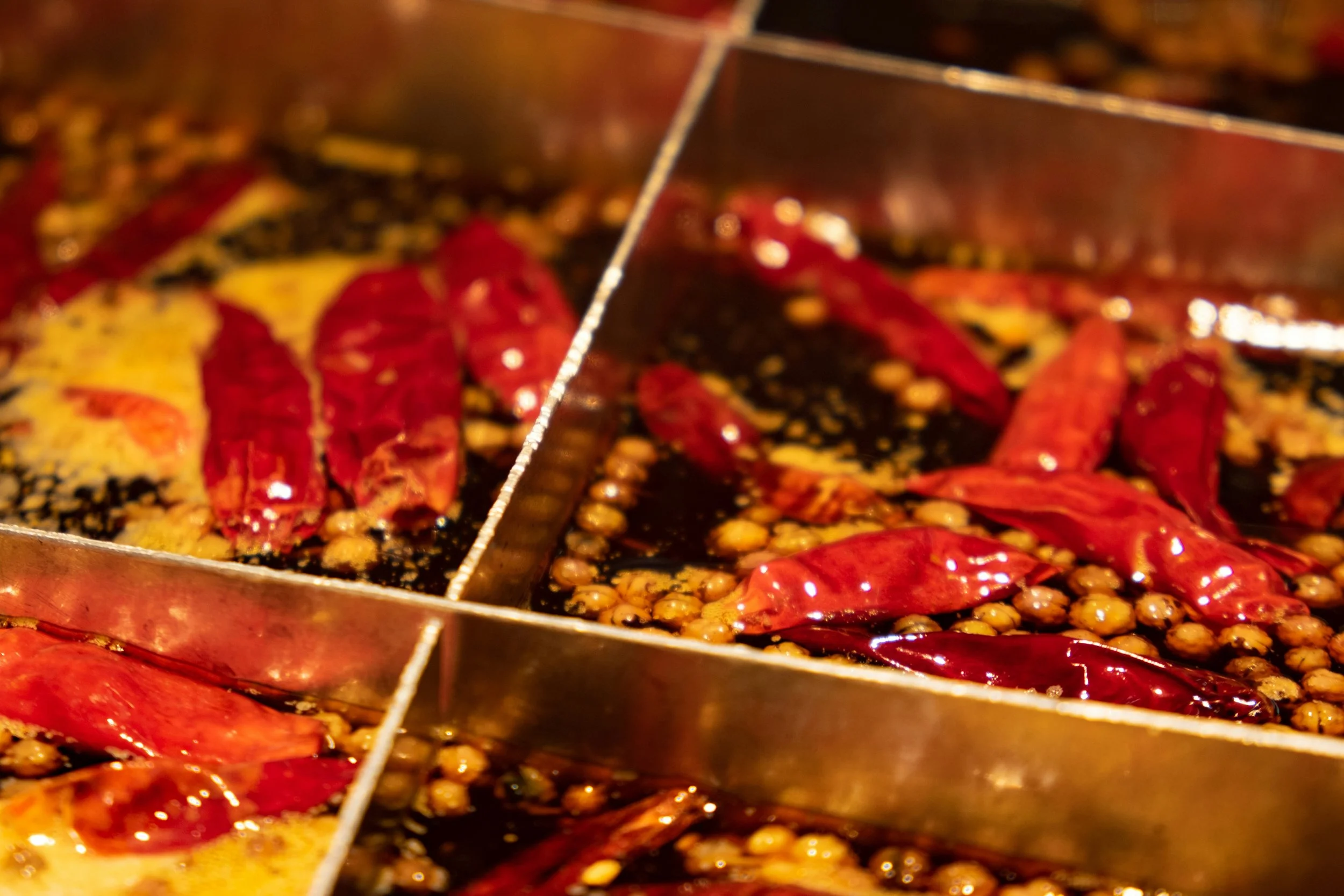What Foods Should You Avoid with Acid Reflux? Your Guide to Acid Reflux Trigger Foods
Embarking on a journey to manage GERD involves more than just understanding what to eat – it's equally important to know what foods may trigger symptoms. As a Registered Dietitian specializing in GERD, my mission is to empower individuals with the knowledge to make informed dietary choices that foster digestive wellness. In this blog post, we'll explore the potentially triggering acid reflux foods that may be contributing to your symptoms.
Understanding the Acid Reflux Culprits:
Acid reflux occurs when stomach acid flows back into the esophagus, causing irritation and inflammation. Certain foods can exacerbate this condition by relaxing the lower esophageal sphincter or increasing stomach acid production. By identifying and avoiding these triggers, individuals can significantly reduce the frequency and intensity of GERD symptoms. While there is scientific evidence that shows certain foods may cause reflux symptoms, it is important to note that every person’s triggers are individual: what may cause symptoms for you may not cause them for someone else. Food is inherently neutral, and is it my job as a dietician to address your individual symptoms and find YOUR root cause to allow your body to be able to enjoy these foods again!
Potentially Triggering Foods
Citrus Fruits and Juices:
Citrus fruits like oranges, grapefruits, and citrus juices are acidic and can irritate the esophagus. Alternatives like non-citrus fruits can be a refreshing shift for those looking to enjoy flavorful snacks without triggering acid reflux.
Tomatoes and Tomato-based Products:
Tomatoes are naturally acidic, and their inclusion in various dishes, sauces, and condiments can contribute to heartburn. Tomato-free alternatives or low-acid tomato varieties can make a substantial difference in symptoms.
Chocolate:
While a delightful treat for many, chocolate contains substances that can relax the lower esophageal sphincter, allowing acid to flow back into the esophagus. Dark chocolate in moderation or exploring carob-based alternatives can be a satisfying compromise.
Caffeine:
Coffee, tea, and certain sodas contain caffeine can stimulate stomach acid production. Herbal teas or low-acid coffee options can provide a comforting alternative for those seeking a warm beverage without the reflux risk.
Spicy and Fatty Foods:
Spices and high-fat meals can both contribute to increased stomach acid production. Exploring milder seasoning options and opting for leaner protein sources can be transformative in managing GERD symptoms.
Mint and Peppermint:
While often associated with soothing properties, mint can relax the lower esophageal sphincter, potentially leading to increased acid reflux. Alternative herbs like chamomile or ginger can provide relief without compromising digestive health.
Onions and Garlic:
These aromatic ingredients may add flavor to dishes, but they also contain compounds that can trigger acid reflux. Alternatives like chives or garlic-infused oils can maintain the essence of the dish without the digestive repercussions.
Carbonated Beverages:
The fizz in carbonated drinks can contribute to increased pressure in the stomach, leading to acid reflux. Still water, herbal teas, or diluted fruit juices are hydrating alternatives that can reduce symptoms.
Ready to Take Control of Your Acid Reflux?
Navigating the landscape of acid reflux involves not only embracing foods that promote digestive health but also recognizing and avoiding those that can trigger discomfort. As a GERD specialized dietitian, my approach is rooted in education, empowerment, and customization.
Living with acid reflux doesn't have to be a daily struggle. At FLORA Nutrition, we offer a comprehensive Acid Reflux Relief Program to help you achieve lasting relief through personalized nutrition guidance, lifestyle modifications, and stress management techniques.
FLORA includes:
One-on-one consultations with a registered dietitian: We'll create a customized meal plan tailored to your specific needs and triggers.
Support and accountability: Stay motivated and on track with regular check-ins and expert advice.
Stress management techniques: Learn how to manage stress, a major trigger for acid reflux, through mindfulness practices, and relaxation techniques.
Access to the FLORA community: FLORA is for anyone looking to improve their gut health and reduce stress. FLORA is specifically designed for those managing digestive dysfunction (such as acid reflux and IBS) and looking to heal their gut, repair their relationship with food, and optimize their health.
Apply today and take the first step towards a life free from acid reflux!
Personalized nutrition and lifestyle changes can be your powerful ally in the fight against acid reflux. You've got this!
Written by Molly Pelletier, MS, RD, LDN | Molly Pelletier is a Registered Dietitian specializing in acid reflux/GERD/LPR/IBS and a leading voice in nutrition for acid reflux. Molly's background in nutrition science and her personal health journey with GERD culminated in the curation of FLORA Nutrition, where she shares evidence-based tools and strategies to help others recover from reflux and optimize their overall well-being. Follow Molly on Social Media @mollypelletier.rd on all platforms | YouTube | Instagram | TikTok | Pinterest |
Blog co-created with FLORA Team Member & MS Nutrition, Jacqueline Gilpin









